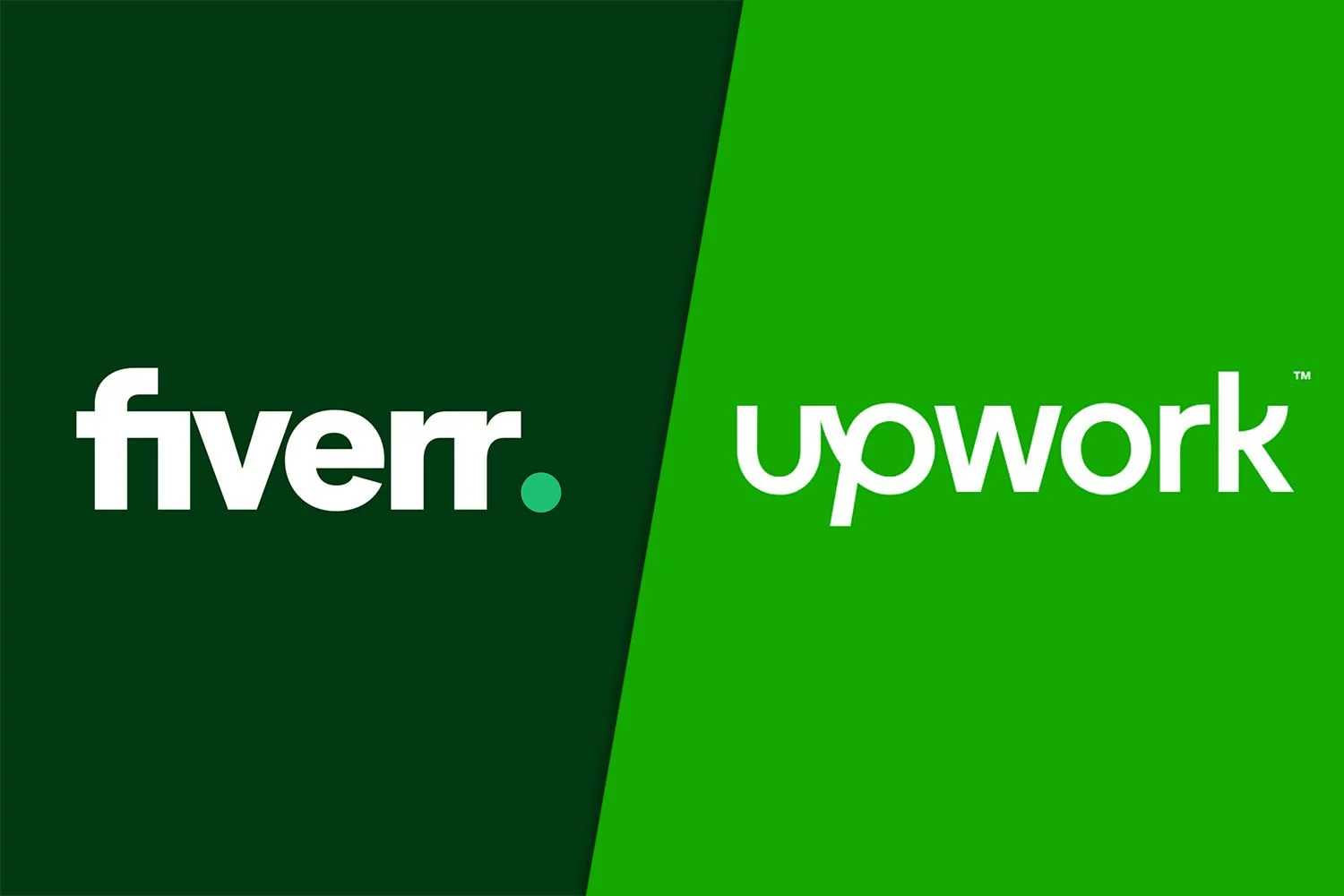Remote Job vs Freelancing. In 2025, the line between freelancing and remote jobs has blurred — but they are not the same. If you’re exploring location-independent work, you might be wondering: Should I get a remote job or go full freelance?
This comprehensive post breaks down the major differences, pros, cons, and real-life use cases to help you decide. Whether you’re starting fresh or switching paths, we’ll answer:
- What’s the difference between a remote job and freelancing?
- Which one pays better in 2025?
- What’s more stable long-term?
- How do benefits, taxes, and work-life balance compare?
Let’s dive in.
Remote Job vs Freelancing: Quick Definitions
What is a Remote Job?
A remote job is a traditional employment arrangement — just without the office. You work for one company, have a set schedule (often flexible), get paid a salary or hourly wage, and may receive benefits like health insurance and paid leave.
What is Freelancing?
Freelancing means you are self-employed. You find and manage your own clients, set your own rates, and juggle multiple projects. There’s no single employer — you’re your own boss.

Income Potential in 2025
Freelancing
- High income ceiling if you scale well
- Rates vary by skill, experience, and niche
- Some freelancers earn six figures
Top freelance niches in 2025:
- Web development
- SEO and digital marketing
- UX/UI design
- Copywriting
- Video editing and podcast production
Platforms to Get Started:
Remote Jobs
- Steady income, lower risk
- Salaries range from $25K–$100K+ depending on role and experience
- Software engineer
- Project manager
- Customer success specialist
- Content strategist
- Virtual assistant
Sites to Apply:
Lifestyle and Flexibility
| Feature | Remote Job | Freelancing |
|---|---|---|
| Schedule | Often 9–5 or fixed hours | Fully flexible |
| Location | Remote but fixed timezone | Anywhere, anytime |
| Control over projects | Limited | Full |
| Boss | Yes | Just you |
Freelancers enjoy more freedom — but also wear more hats (marketing, sales, taxes).
Job Security and Benefits
Remote Job Pros:
- Health insurance
- Paid time off
- Career growth within a company
Freelance Life Cons:
- No benefits by default
- You pay your own taxes and insurance
- Must constantly look for work
However, freelancers who diversify and build a personal brand can enjoy great income security.
Resources to set up freelance insurance and taxes:
What Recruiters and Clients Look for
Remote Job Recruiters
- Experience in remote collaboration (Slack, Asana, Zoom)
- Reliability, time management, communication
- A solid resume and cover letter
Read: How to Set Up Your Resume for Remote Work
Freelance Clients
- Portfolio of past work
- Testimonials and reviews
- Quick response time and clarity
Tip: Build a portfolio site on Carrd or Notion.
Tax and Legal Differences
Remote Job
- Employer handles taxes
- You receive a W2 or employee contract
- Benefits may include retirement plans
Freelancing
- File taxes as self-employed
- Need to track expenses, invoices, receipts
- Consider creating an LLC or business name

Burnout, Balance, and Mental Health
Freelancing Risk
- Higher chance of burnout
- Irregular income can cause anxiety
- You may work longer hours than remote employees
Post to Read: The Hidden Cost of Burnout No One Talks About
Remote Job Balance
- More structure = easier to switch off
- PTO helps recovery
- Managers may set workload limits
So, Which One Is Better for You in 2025?
Choose Freelancing If:
- You crave creative freedom
- You have strong self-discipline
- You’re ready to handle your own business admin
Choose a Remote Job If:
- You want income stability
- You prefer working in teams
- You don’t want to chase clients
Hybrid Route: Start with a remote job and build a freelance side hustle until you’re ready to go solo.
RELATED POSTS:
- Best Entry-Level Remote Jobs Hiring Right Now (2025 Edition)
- Work from Anywhere Like a Pro
- Freelance Content Writing in 2025: Turn Words Into Wealth With Zero Upfront Cost
- From Side Hustle to Six Figures: The Smartest Way to Scale Remote Income in 2025
Final Verdict
In the remote-first world of 2025, both freelancing and remote jobs offer powerful lifestyle and income potential. The best choice depends on your personal goals, risk tolerance, and personality.
You don’t have to pick just one path forever. Many successful remote workers start in one and transition to the other — or juggle both!
Whatever route you choose, commit fully. Learn the tools. Network smart. Build a digital presence. And enjoy the freedom that comes with modern work.



